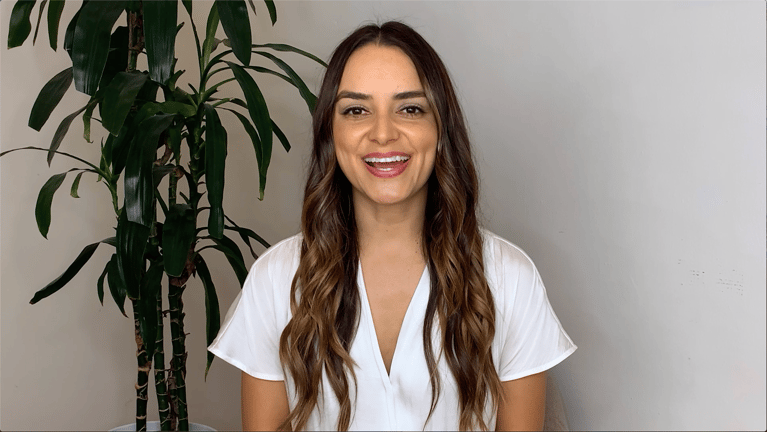
With the rising cost of education, college may seem out of reach. But student loans can help make an undergraduate education accessible for students who couldn’t otherwise afford it.
Before we jump in, let’s start with the basics – how much does it cost to attend college?
While tuition varies by college, students also pay fees related to enrolling in and attending a college. What’s the difference between tuition and fees? It can seem pretty murky since the two are usually bundled together, but basically, tuition is the cost of the class itself, while fees are student services like enrollment charges.
Unfortunately, tuition and fees have drastically increased in the past two decades. In fact, according to U.S. News data, the average cost for tuition and fees among public and private universities has risen significantly since 2000. Those increases aren't limited to these universities; costs at other four-year institutions and community colleges have also grown.
According to CollegeBoard, here is a breakdown of tuition and fees by the most common college types:
-
- Public Two-Year College (in-district students): $3,440
- Public Four-Year College (in-state students): $9,410
- Public Four-Year College (out-of-state students): $23,890
- Private Four-Year College: $32,410
So it’s no surprise that many students take out loans to pay for their college expenses. But it’s important to be cautious, because loans can impact you financially into your adult life. Many college graduates come out of school with large amounts of student debt to pay off.
In fact, about one out of three adults under the age of 30 have student loan debt. More so, young college graduates with student loans are more likely than those without loans to report struggling financially.
To help you assess how much you should take out in student loans here are some steps you can take while in school to manage your student loan debt:
1. Never take out more than you need to pay your school costs–even if you’re approved for a higher amount. You’ll thank yourself later for staying on the conservative side.
2. Pay the interest while you're in school. If you take out private loans or an unsubsidized student loan, the interest will accrue — or be charged to your account — while you’re in school and significantly increase the total amount you’ll owe upon graduation. Even paying just $25 or $50 a month can make a huge difference in the future.
3. Consider careers with student loan forgiveness. Depending on your career track, some industries have loan forgiveness programs that you may qualify for. A couple common examples are Public Service Loan Forgiveness for those employed by a government or not-for-profit organization or Teacher Loan Forgiveness if you’re employed as a teacher in a low-income school.
4. Keep an eye on changing legislation as student loan repayment and forgiveness options may expand or change. With the increase in education costs across the nation, student debt has become a hot topic amongst lawmakers.
5. Understand repayment options before you graduate, so you know what to expect. Currently, there are six repayment options for federal loans; private loans may also offer different options. For standard plans, you can pay off the debt in 10 years, while extended plans allow you to pay off your balance in 12 - 30 years. There are also income-based options where the payments are based on your income and increase over time.
6. Meet with a financial advisor who can help you make a plan. You can balance paying back debt while meeting other financial goals like buying a home & saving for retirement. Getting on the right path early in order to reach your financial goals will help you stay the course as you approach more impactful financial decisions.
It’s never too early to start planning your finances and saving for the future. And if you’re currently managing student loans, check out this method to start paying off your debt today.
About Learn
Financial advice for real people, by real people. You shouldn't need a degree to understand your money. Join Head of Education, Brittney Castro and Altruist mentors as they break down financial tips and strategies in a real way to help you finally understand how to achieve your financial goals faster.
Have a question you want to see answered? Ask it here. 🙋♀️

